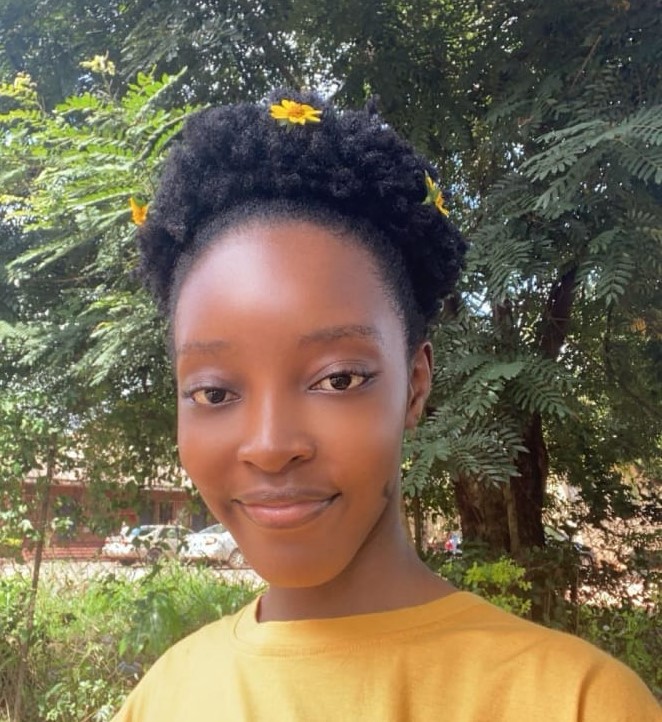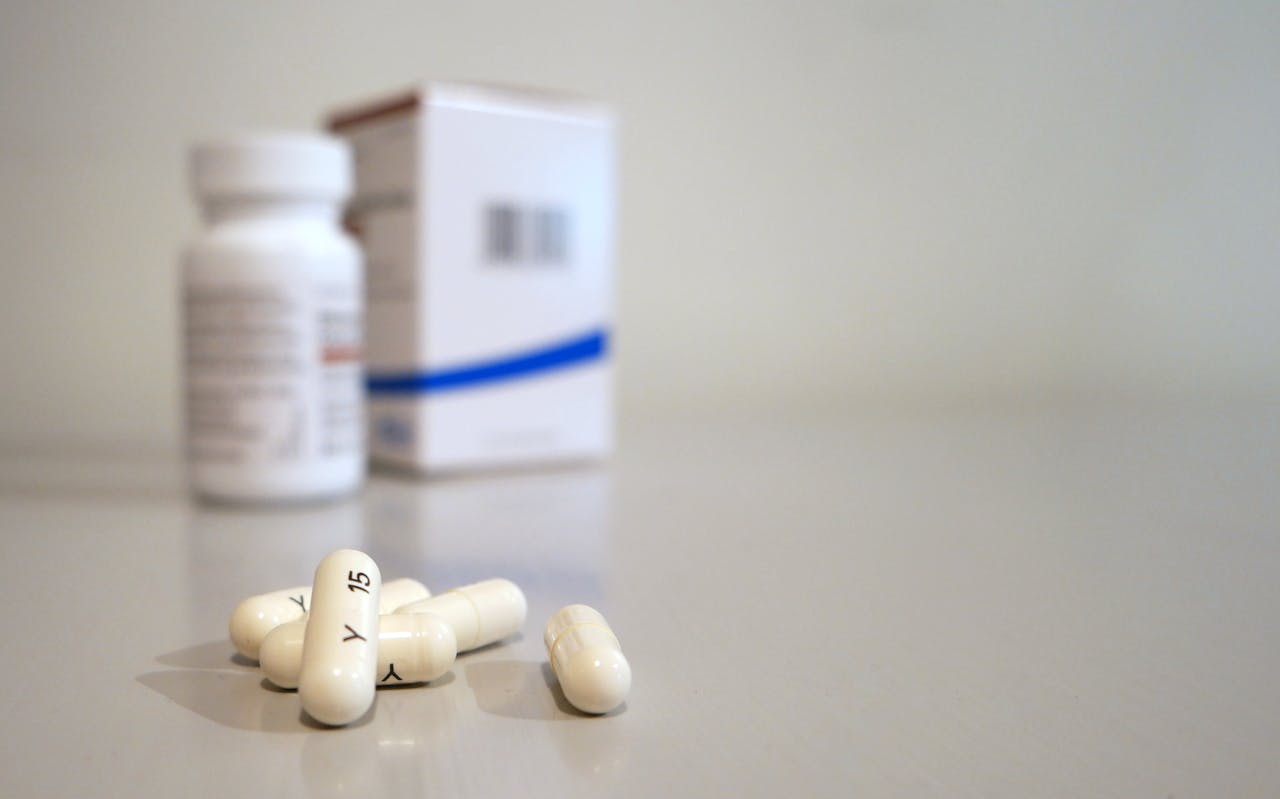Case study: The factors that led to Medsaf's closure

Rejoice Anodo
June 28, 2025

Vivian Nwakah (CEO), Temitope Awosika, and Joao Pinheiro (CTO) co-founded Medsaf in 2017 as a trusted platform for connecting drug manufacturers, both locally and internationally, with healthcare outlets in Africa. Headquartered in the United States and with a physical presence in Lagos, Nigeria, the startup’s business model was similar to Amazon’s, but for drugs.
Customers, primarily hospitals and pharmacies, purchased medical supplies directly from manufacturers through Medsaf, which handled inventory, credit, delivery, and quality control checks.
Medsaf’s Origins
As the CEO, Vivian revealed that Medsaf was born after a friend’s death due to fake malaria medication. Prior to this personal encounter with the damaging effects of adulterated drugs, Vivian had lived in the United States and held a job briefly at a healthcare startup. She had also planned to venture into the energy sector by building a solar company.
Her visit to Nigeria presented an opportunity to study the gaps in the healthcare sector. As a country saturated with fintech startups, the proliferation of health-tech platforms was overdue. Medsaf came as a timely solution, as she “realised that no one else in the market was tackling this issue”.
What did Medsaf achieve?
Medsaf, short for Meds Africa, was Nigeria’s first digital pharmaceutical outlet. Initially, they struggled to gain the trust of their target audience. Orders trickled in. Over time, the company gradually began to receive large supply orders with upfront payments, thereby increasing its total revenue.
Focused on addressing the distribution of substandard medication, particularly anti-malarial treatment, the company secured significant funding to sustain its operations. Medsaf raised a total of $3.6 million over eleven funding rounds. Some venture capital firms that contributed to this amount include Samurai Incubate Inc., Seedstars, Investing in Innovation Africa, and Google.
With this, they were able to hire more staff and expand to more states in Nigeria beyond Lagos. They also planned to enter the East and West African markets. The company experienced a surge in demand during the COVID-19 pandemic. In 2019, Medsaf also won the Seedstars Malaria Challenge sponsored by the Bill & Melinda Gates Foundation. By 2020, they collated data about Nigeria’s medical industry and monetised it.
Signs of Struggle in Medsaf
Following this trajectory, Medsaf was poised to be a major stakeholder in Africa’s health-tech sector in the coming years. However, an exclusive article from TechCabal stated otherwise. It noted that the company had laid off all its full-time employees, and still owed them salaries since December 2022. Anonymous sources cited that the company’s financial struggles started in mid-2022. Another anonymous report also stated that the CEO used company funds for personal expenses.
One week after this exposẻ, Vivian refuted those allegations. She insisted that she had not taken company funds for personal use, but instead had used her personal funds for the company’s upkeep, with the hope that investor funds would be forthcoming soon. She also elaborated on their diplomatic front and their decision not to lay off staff until it felt necessary. On the topic of owing staff, she further explained that Medsaf operated on a pay-as-you-earn (PAYE) model, ensuring that staff only earned when they were productive. With this, she claimed that staff were well-informed about the company’s financial status.
In 2023, several reports circulated about Medsaf’s “quiet shutdown,” emphasising the drawbacks of investor confidence and dependence on investor funding. Vivian, the CEO, publicly shared her personal thoughts on the shutdown in June 2025.
The LinkedIn post shared information given to investors about the reasons why Medsaf shut down. It primarily stated these as the reasons for shutdown: inability to raise more funding, an investor reneging on an existing deal, and a failed acquisition, due to outlying economic factors beyond the company’s control.
Key Takeaways
Healthcare is expensive. Running a business based on sustainable pharmaceutical practices in a largely underdeveloped region like Nigeria and Africa as a whole is bound to encounter roadblocks. Medsaf made significant strides initially, achieving several milestones in record time. Most factors that led to its closure were beyond the company's control.
A lack of funding and the inability to raise additional funds have led to the demise of several African startups. Since the venture funding boom between 2020 and 2022 dwindled, many companies have crumbled under the weight of trying to fuel their activities on the revenue they've built.
The CEO’s final effort to facilitate an acquisition went awry due to the naira’s continuous devaluation, coupled with Nigeria’s unfavourable economic climate. Her current position as a director at Pfizer, a multi-national health firm, proves beyond doubt that Medsaf’s shutdown is not due to a lack of resilience and brawn.
Medsaf’s shutdown is proof that a foolproof plan can still fall through due to external factors. It also prompts the question: how much funding does a startup need to become profitable?


